Ready for change
Getty ImagesThere’s a one-in-three chance that Britain’s next prime minister will be an avid supporter of bitcoin and cryptocurrency, following news that former finance minister Rishi Sunak has secured a spot in the final showdown to replace Boris Johnson.
Betting website oddschecker.com is giving Sunak a 15/8 chance of winning the top job in British politics, reflecting an implied probability of 35%. That compares with odds of 11/21 (67%) for his rival Liz Truss, the incumbent foreign secretary.
Sunak has avoided mentioning cryptocurrency during his two-week-old campaign, focusing instead on a self-professed (but much-contested) track-record for fiscal responsibility.
The fact remains, however, that he's by far the most senior politician in British history to have voiced support for cryptocurrency while in office.
“It’s my ambition to make the UK a global hub for cryptoasset technology,” Sunak was quoted as saying in an official Treasury statement on April 4th.
“We want to see the businesses of tomorrow – and the jobs they create – here in the UK, and by regulating effectively we can give them the confidence they need to think and invest long-term.”
His ally in the short-lived campaign was John Glen, the then Economic Secretary to the Treasury, who spelled out the duo’s fondness for cryptocurrencies in a speech to the Innovate Finance Global Summit during UK Fintech Week 2022.
MORE FOR YOU
"[Bitcoiners] argue that crypto could do things like revolutionize global finance ... by making financial exchanges more transparent, efficient and democratic, and placing currency in the hands of people not nations,” Glen said in remarks that were shared by Sunak on Twitter. “That leaves us here in the UK with a big question to answer: how are we going to respond? Our answer is this: if crypto technologies are going to be a big part of the future, then we – the UK – want to be in, and in on the ground floor.”
In the end, the two men didn’t have much of a chance to flesh out their vision for the UK crypto sector; both resigned from Johnson’s government on July 6th, paving the way for Sunak to launch his long-anticipated leadership bid.
Even so, their initial focus on regulating stablecoins has already borne fruit in the Financial Services and Markets Bill, a piece of legislation that’s currently on its second reading in the House of Commons. That bill makes provisions for stablecoins like USDT and USDC – dubbed “digital settlement assets” – to be used as legitimate, fully regulated methods of payment.
Starting with stablecoins & NFTs
Dollar-pegged stablecoins use blockchain encryption (a way of making data immutable) and Distributed Ledger Technology (DLT, a decentralized way of sharing data) to deliver quicker, more secure financial settlements than traditional payment channels. The advantages of these technologies are widely acknowledged. But because they involve using digital tokens as proxies for underlying currencies, they’re only as trustworthy as the companies issuing those tokens.
The recent failure of the algorithmic stablecoin UST – a protocol that used programming code (rather than physical cash reserves) to defend the value of its tokens – exposed the need for tough regulation if this corner of the cryptoshere is to win mainstream acceptance.
In addition to stablecoins, Sunak threw his weight behind Non-Fungible Tokens (NFTs) by instructing the Royal Mint, the Treasury’s currency manufacturer, to begin issuing the emerging digital assets on behalf of the government.
NFTs use the same blockchain and DLT technologies as cryptocurrencies, but they harness it to mint non-fungible – or non-interchangeable – tokens that can be custodied and traded as unique collectibles.
Last year, meanwhile, Sunak played down speculation that he was planning to launch a Central Bank Digital Currency (CBDC) dubbed Britcoin. CBDCs are hailed by some as the future of government-issued money: fully digital versions of traditional fiat currencies that can be paid direct from central banks into the pockets of consumers. They’re treated with suspicion by many crypto-enthusiasts, however, as they don’t need to exist on either a blockchain or a DLT protocol.
Sunak has so far avoided making public comments about bitcoin – the largest and most valuable cryptocurrency. That’s no surprise: bitcoin's raison d'être is giving citizens an alternative to government-issued money.
Nonetheless, if crypto-friendly Switzerland is anything to go by, creating a legal framework for stablecoins and NFTs will inevitably spur wider adoption of blockchain and DLT technologies across the UK economy. And excluding bitcoin wouldn’t be compatible with Sunak’s stated goal of enticing major players in the global crypto ecosystem – exchanges, digital asset banks, stablecoin issuers and so on – to set up shop in the UK.
With or without his input, it’s clear that British regulators are already resigned to this new crypto frontier.
The Financial Conduct Authority (FCA), the UK’s financial regulator, recently established a new department focusing solely on digital asset compliance – having spent years trying to ward Brits off what they depicted as a flash-in-the-pan scam.
A not-so-democratic path to office
Unfortunately for Sunak – whose popularity was (and, to a lesser extent, probably still is) higher than Truss’s – the general public won’t have a say in which candidate succeeds Johnson, who’s stepping down after a series of scandals blighted his premiership.
That’s because Britain’s parliamentary electoral system only allows citizens to vote for local political representatives, while giving their affiliated parties full discretion in choosing a figurehead.
Members of the ruling Conservative Party will, therefore, cast their vote in September, following several weeks of lobbying by the two hopefuls.
And while bitcoin is unlikely to get a nod from either candidate, both Sunak and Truss have placed economic policy at the heart of their campaigns – mindful of Britain’s cost-of-living crisis, which has seen annual inflation hit a 40-year high of 9.4%. Truss has sought to blame Sunak for the crisis, with allies criticizing the former finance minister’s failure to stop the Bank of England, the UK’s central bank, ramping up money printing during the pandemic.
Sunak counters that his rival's plan to cut taxes will only exacerbate inflation while pushing the national debt to unsustainable levels.
Whoever secures the top job, they'll need to convince the general public that they deserve the role by the end of 2024 – the latest date that the Conservatives can call a general election in the current term of Parliament.

You can get bonuses upto $100 FREE BONUS when you:
💰 Install these recommended apps:
💲 SocialGood - 100% Crypto Back on Everyday Shopping
💲 xPortal - The DeFi For The Next Billion
💲 CryptoTab Browser - Lightweight, fast, and ready to mine!
💰 Register on these recommended exchanges:
🟡 Binance🟡 Bitfinex🟡 Bitmart🟡 Bittrex🟡 Bitget
🟡 CoinEx🟡 Crypto.com🟡 Gate.io🟡 Huobi🟡 Kucoin.







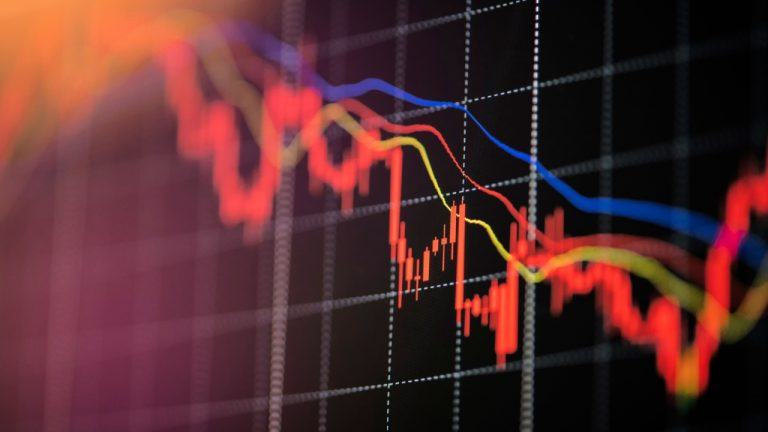
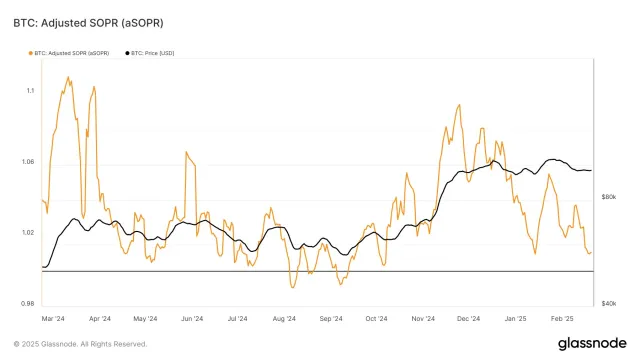

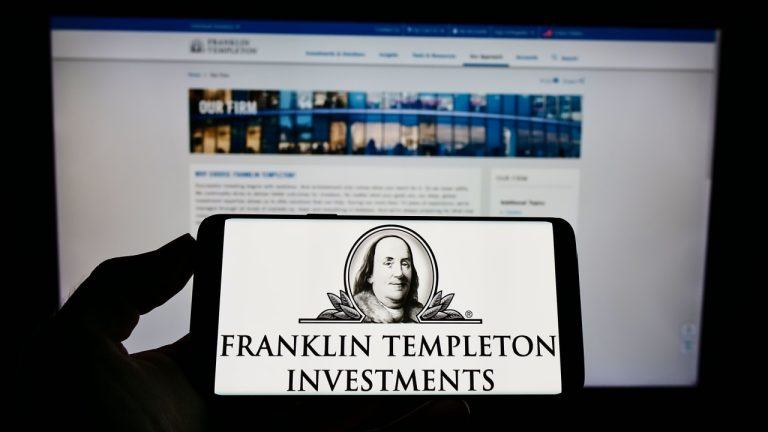
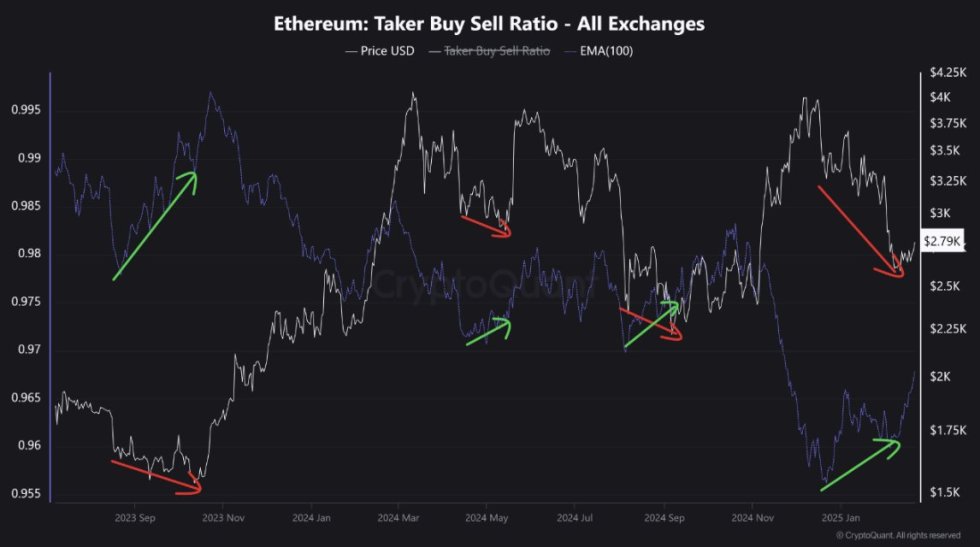
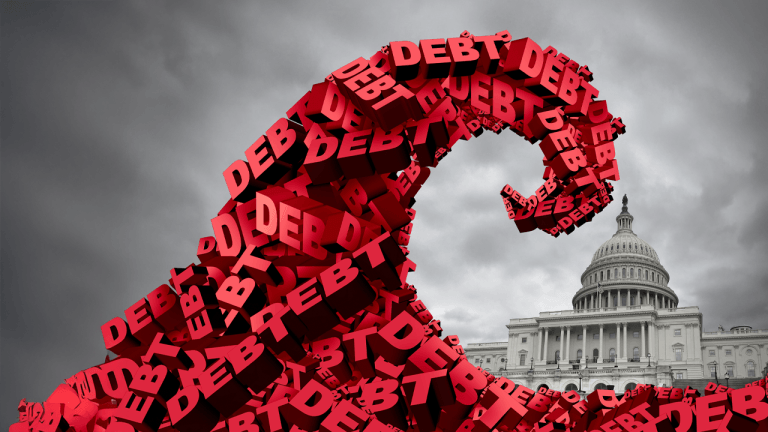

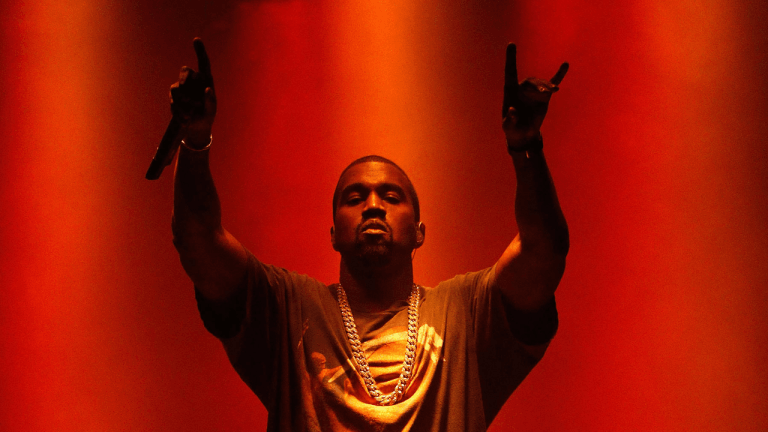



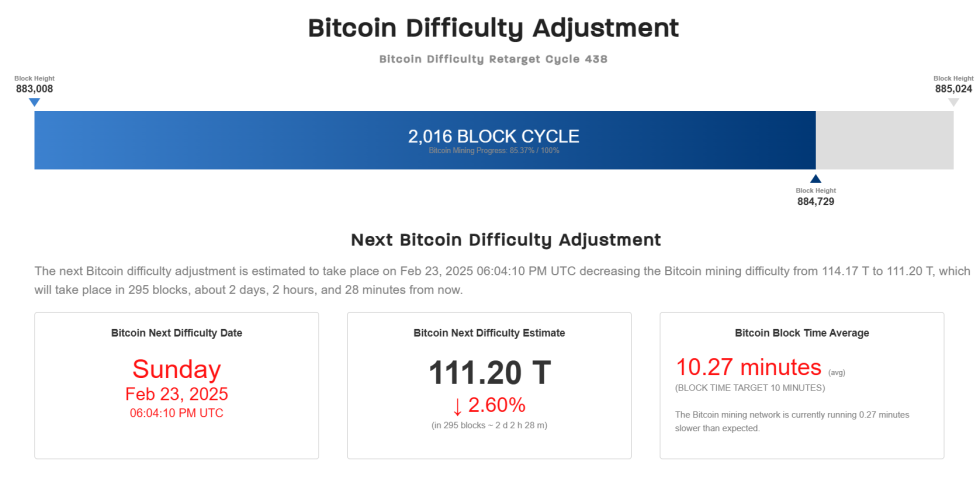

Comments